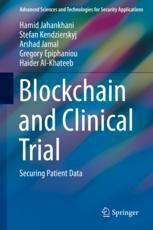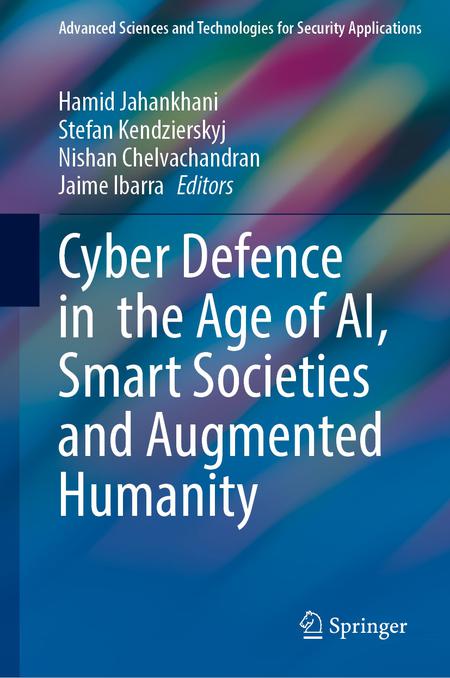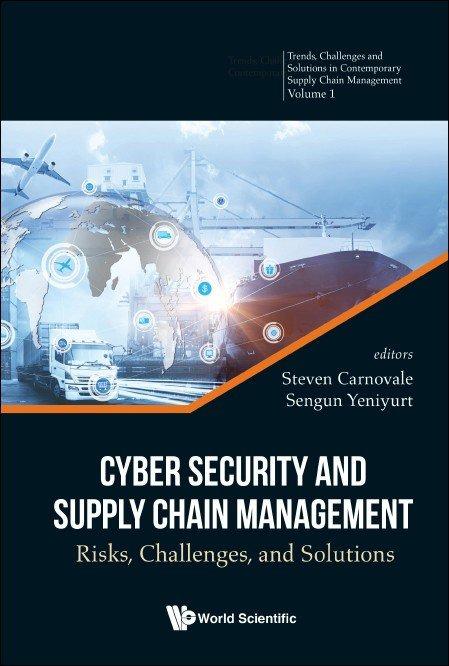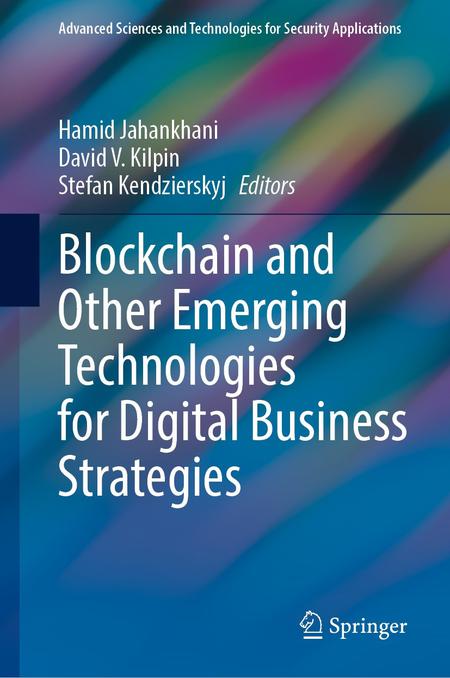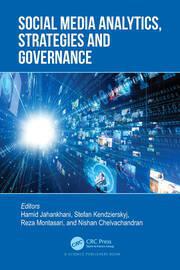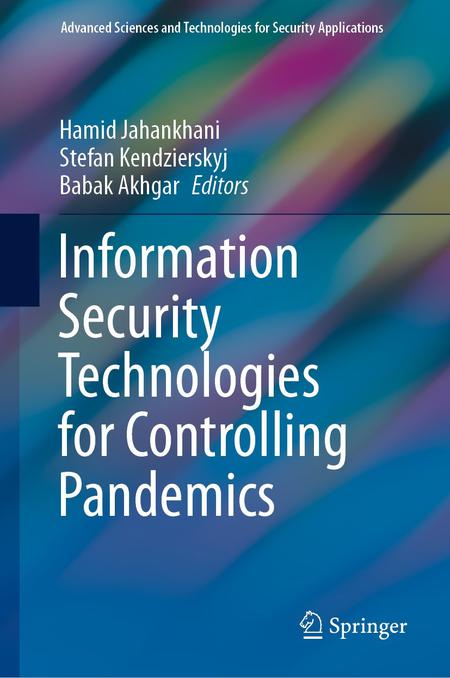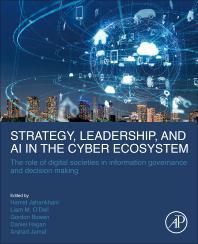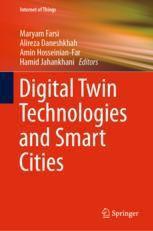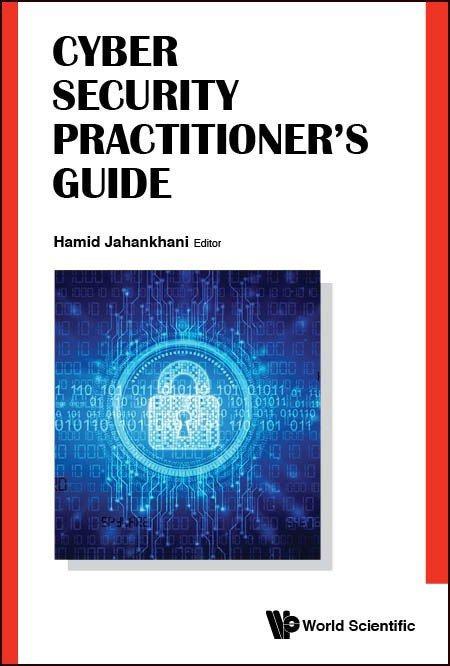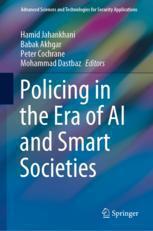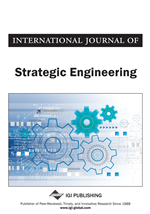World Scientific
•
5th March 2023
The Role of Blockchain with a Cybersecurity Maturity Model in the Governance of Pharmaceutical Supply Chains | Cyber Security and Supply Chain Management
The world of logistics has become ever more complex with the expansion of global supply chains with many moving parts, technological advancements and the growing importance given to the new ‘gold’ being data. The chain of custody and project management of the logistical workflow can no longer rely on just human competencies and interactive dashboards that aid management of these combined ecosystems of manufacturer, distributer and customer, through its cloud based monitor and control workflow. With the increasing complex workflow in supply chain more is needed to minimise the risk, that is often evaluated through tools and modern day methods; as there are many current issues in the chain of custody being contaminated through security corruptions, malpractice, accidental behaviours, cyberattacks and data breaches, etc and are explored in this chapter through a pharmaceutical supply chain case study. More attention is being given to applying new technologies such as blockchain where its attributes offer huge benefits of immutability, auditability, smart contracts, traceability and that single source of the truth many seek to reduce risk; these are proving to be great tools to lessen business vulnerabilities and reduce the impact of sophisticated cyberattacks that threaten the core business and its credibility. Larger and more serious issues/impacts exist when cyberattacks affect supply chain when it is concerning critical national infrastructure (CNI) such as in healthcare. Supply chain is of course present in any industry and this chapter will focus on pharmaceutical supply chain issues and a suggested hybrid framework is presented that details the benefits of a Cyber Security Maturity Model (CSMM). The framework assists in an end-to-end supply chain that ensures all those that sign up to the supply chain follow the CSMM framework requirements and utilises some methodology (e.g. CMMi, ITiL, etc) to ensure monitoring, training, compliance, etc are adhered to on an ongoing basis. Blockchain can then be the mechanism to enhance security that allows tracking from origin all the way through to manufacturing and distribution, using smart contracts, to offset criminality, counterfeiting, falsification and tampering.
